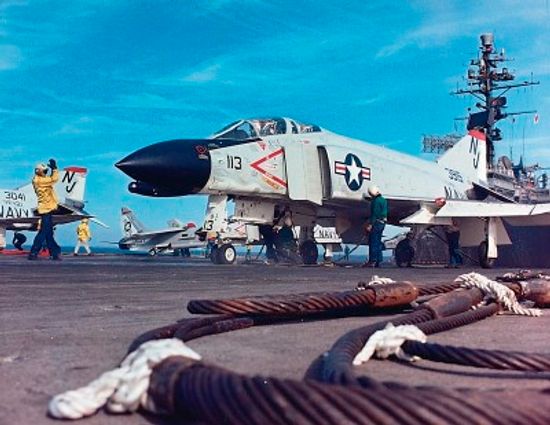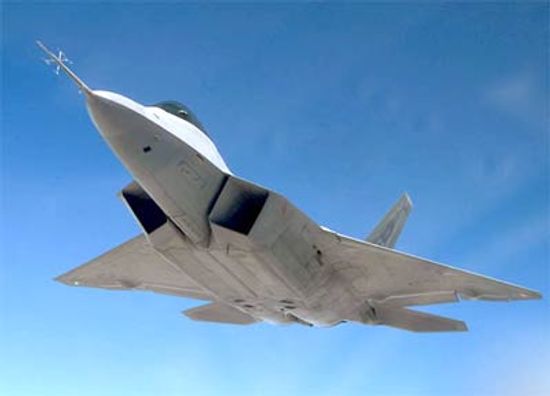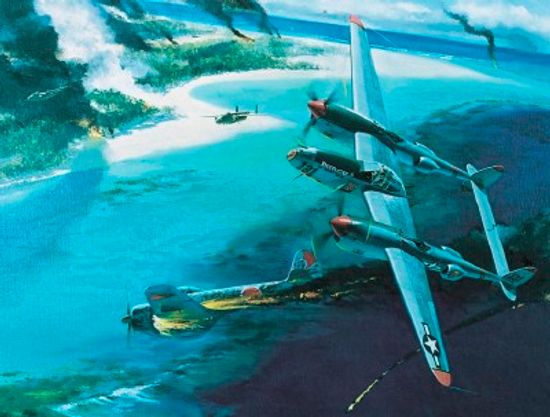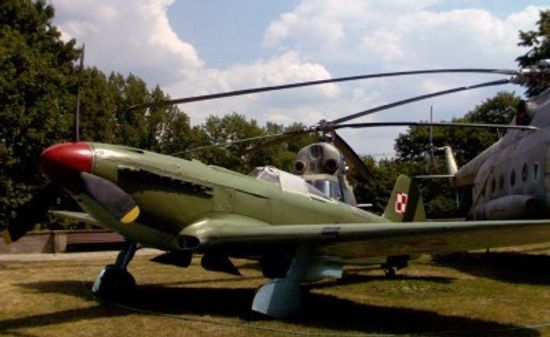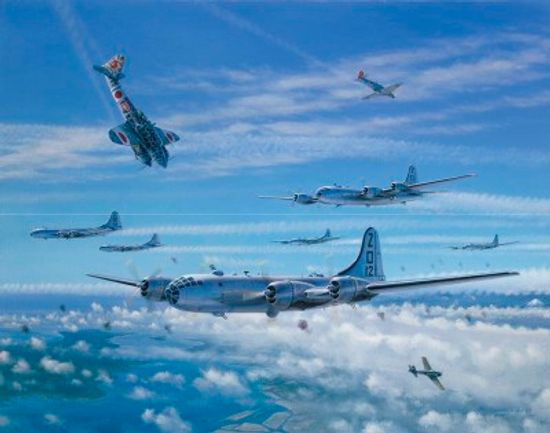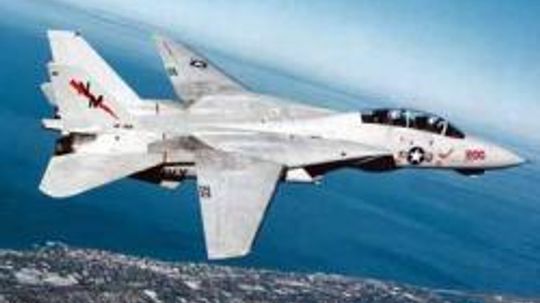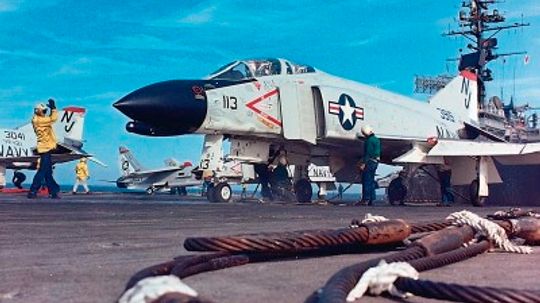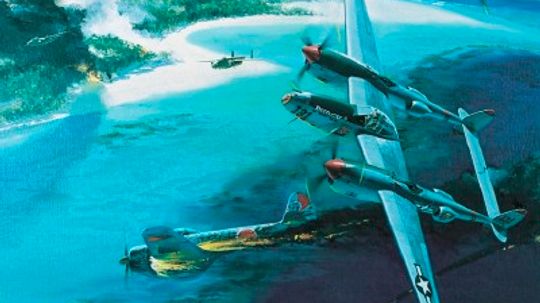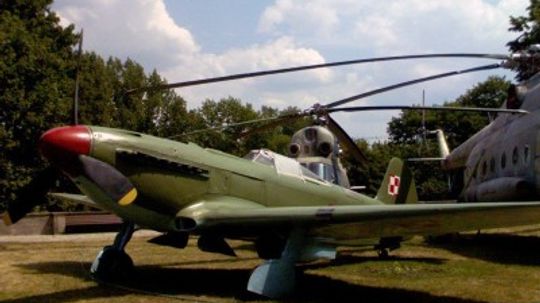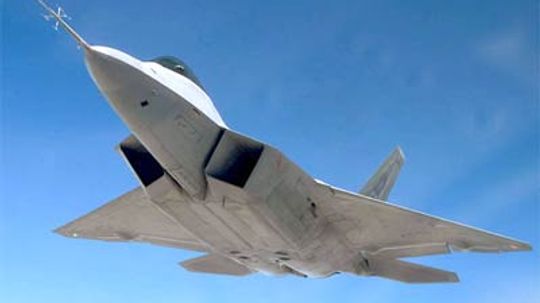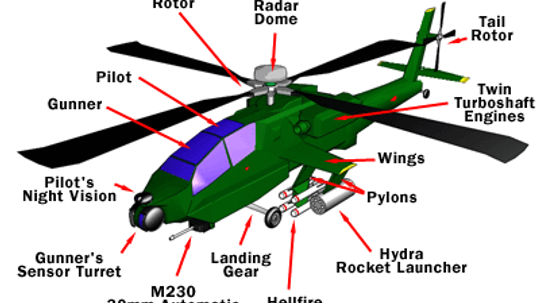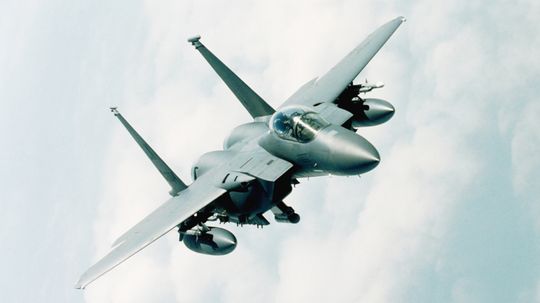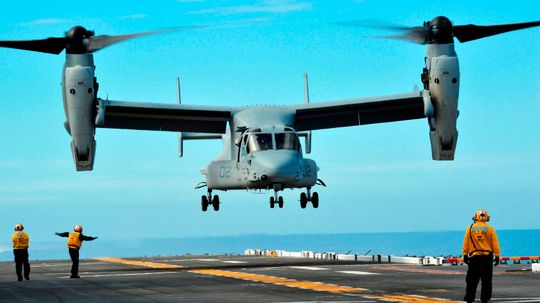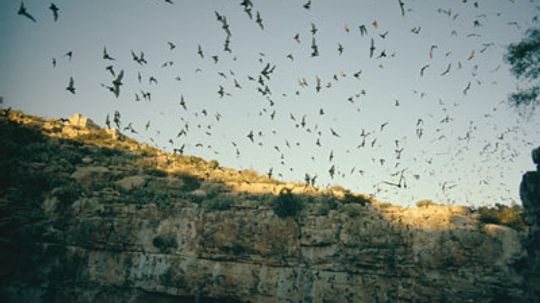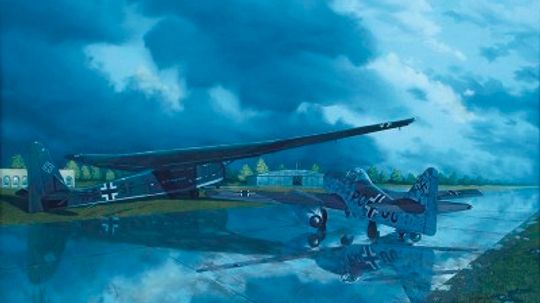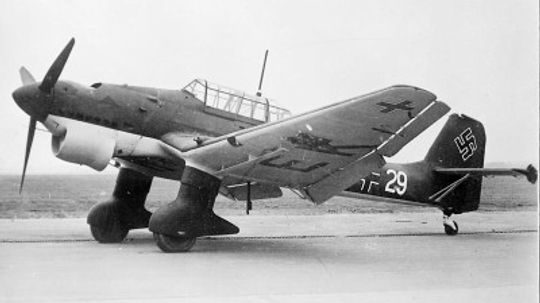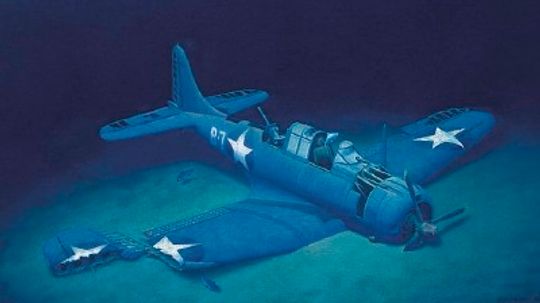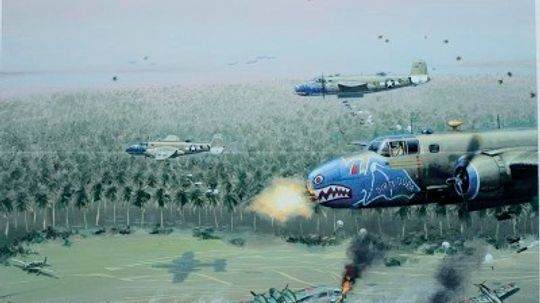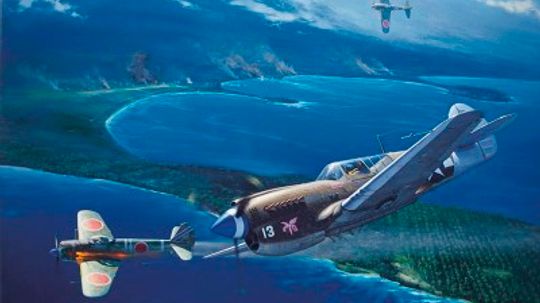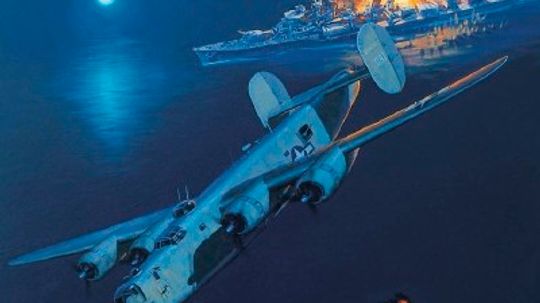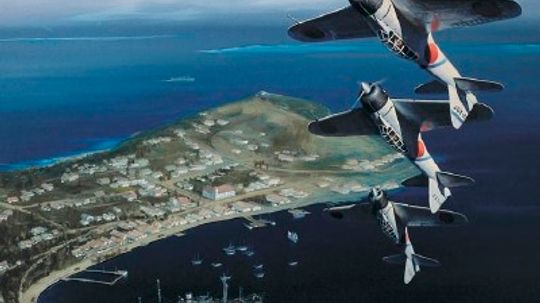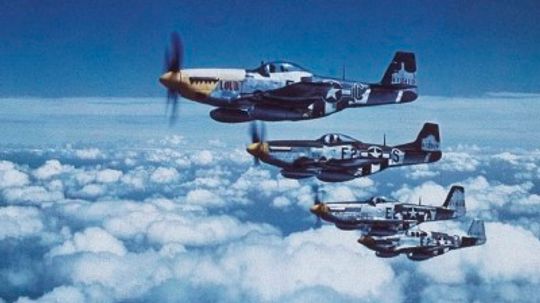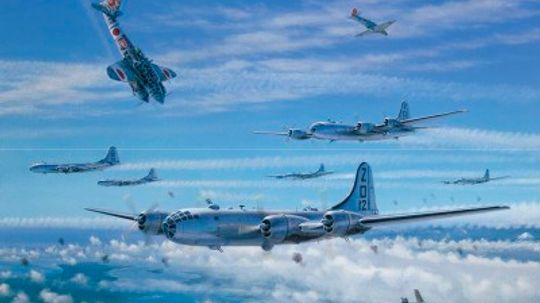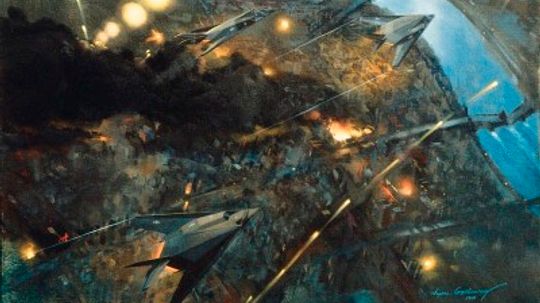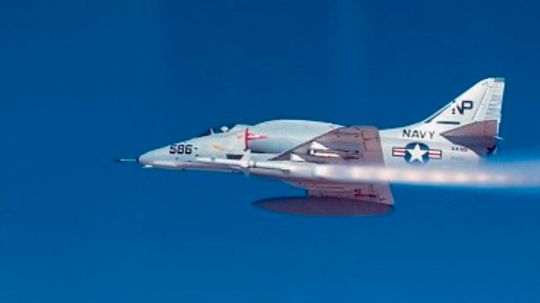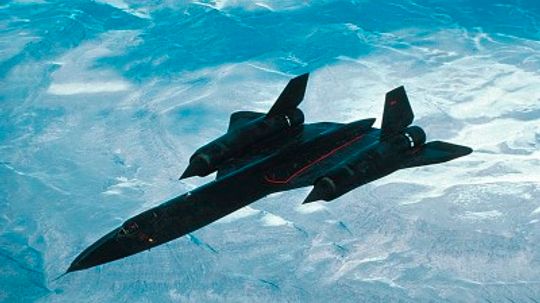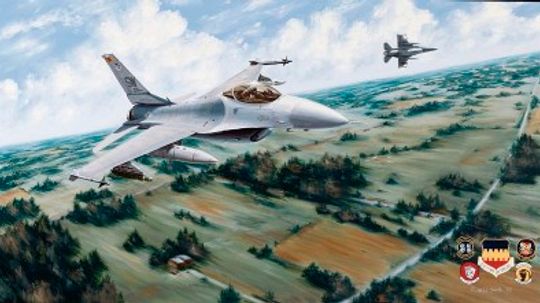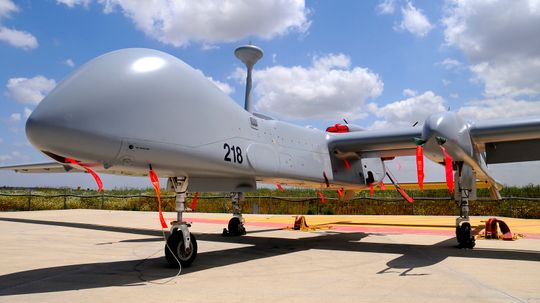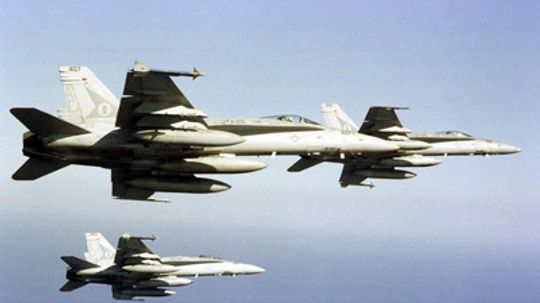Military Aircraft
This section covers the workings of military aircraft, including fighter jets and attack helicopters. Learn how these aircraft work and how they are used in military operations.
Learn More
Jets are one of the best tools that a military has at its disposal. They're fast, fierce and effective. From reconnaissance to target engagement, these aircraft are 10 sophisticated assets.
In its first few years, the McDonnell Douglas F-4 Phantom II set eight new aviation records, among them altitude (98,557 feet), speed (1,390 mph), and time to climb (9,000 feet in 34.5 seconds). Learn details about this popular and powerful aircraft.
The Lockheed P-38 Lightning was considered the most sophisticated aircraft Lockheed had ever built. The distinctive sight and sound of the P-38 would make it one of the best-known aircraft of the war. Learn more about the unique P-38 Lightning plane.
Advertisement
The Russian Yakovlev Yak-9 was faster and more maneuverable than many other planes. The Yak-9 model also featured more metal in the structure, so it was lighter and more maneuverable than earlier iterations. Read more specs for the Yak-9 airplane.
As the newest fighter in the U.S. Air Force's aerial arsenal, the F/A-22 Raptor incorporates the latest stealth technology along with a mind-boggling array of weapons and computer systems. Learn about this dual-purpose fighter jet and attack aircraft and see what sets it apart from the F-15.
An Apache helicopter went down near the Iraqi town of Taji yesterday -- it's the third helicopter to go down in Iraq in 10 days.
By Tom Harris
Floats like a butterfly and stings like a bee -- the F-15 is the Muhammad Ali of the skies. The military has been using this fighter jet since the '70s, and it still outmaneuvers the competition. Find out why this plane has a perfect combat record.
By Tom Harris
Advertisement
The film "Pearl Harbor" is now playing. Look at the aircraft involved in that battle, technological marvels for their time.
By Jeff Tyson
The Osprey is a unique aircraft. How does it work? And what has caused its recent failures? Get an in-depth look at the aircraft's systems and design.
Early unmanned aerial vehicles (UAVs) primarily carried out reconnaissance missions in war zones, but the Reaper packs some serious heat. Is there anything more foreboding than a drone with a Hellfire missile?
By Tom Scheve
The great legacy of the Messerschmitt Me 262 is that it inspired other air forces to adopt the jet fighter as standard, and moved engineers to utilize its layout for fighters and airliners. Learn more about this top World War II fighter plane.
Advertisement
The name for the Junkers Ju 87 Stuka derived from Sturzkampfflugzeug, the generic German word for dive-bomber. So famous was the Junkers Ju 87 that the term Stuka came to be identified with it in Western eyes. Read the specs and uses for the Stuka.
The Douglas SBD Dauntless was a carrier-based dive bomber, a compact scrapper with a gift for sinking Japanese carriers and other large ships. Learn the specifications and how the Dauntless proved to be the supreme dive-bomber of the Pacific War.
The North American B-25 Mitchell was efficient, easy to manufacture and repair, and able to do any job assigned to it. No other twin-engine bomber of World War II saw greater production. Learn the specifications and uses for this handsome bomber.
The Curtiss P-40 Warhawk is one of the best-liked airplanes of World War II, tough and virtually trouble-free, though its performance was never quite up to that of its opponents. Read about this most important American fighter plane of 1942-1943.
Advertisement
The Consolidated B-24 Liberator was the most prolific American plane of World War II. But the B-24 was not as attractive as the B-17 bomber, nor did it win the same popular regard from the public. Read the story and specifications of the B-24 bomber.
The successes of the Mitsubishi A6M Zero during the first six months of World War II stunned Western observers. Its dominance was frightening, but soon surpassed. Learn about the rise and fall of the A6M Zero, and its unique design specifications.
The North American P-51 Mustang spelled doom for the Luftwaffe. It was not only able to escort bombers on long-range missions and engage in dogfights, it could also drop and destroy the German Air Force on the ground. Read more on this pivotal plane.
The Boeing B-29 Superfortress was the biggest, most expensive gamble by the United States during World War II, built with incredibly high expectations on a tight deadline. Read about the big advances in aviation technology brought about by the B-29.
Advertisement
The F-117A is purely an attack aircraft, and lacks the arms and maneuverability for dogfights. The nature of its mission and the characteristics of the aircraft demand extremely skilled, well-trained pilots. Learn about the Nighthawk Stealth fighter.
The tiny but potent Douglas A-4 Skyhawk remained in continuous production for 25 years, longer than any other warplane. Learn how this tough and nimble fighter came to be famous more for its peacetime activities than for its military accomplishments.
The Lockheed SR-71 Blackbird first flew in 1964, and since that time it has remained the world's fastest aircraft. Tanks in the inner wings and upper fuselage carry the 80,000 pounds of special, superheated fuel.
The General Dynamics F-16 Fighting Falcon had many advanced features, including a blended wing and fuselage, fly-by-wire controls, splendid visibility, and superb maneuverability. Read specifications and history of the popular F-16 Fighting Falcon.
Advertisement
The Predator Unmanned Aerial Vehicle exemplifies the military trend toward high-tech, low-risk equipment. This remotely-operated spy plane offers the most bang for the human-safety buck.
F/A-18s are now the go-to jet for the U.S. Navy and Marine Corps. The reason? They're plenty fast, they can carry a dizzying array of bombs and missiles, they have amazing onboard electronics and they can be reconfigured to accomplish a range of missions. Check out these amazing military machines.

